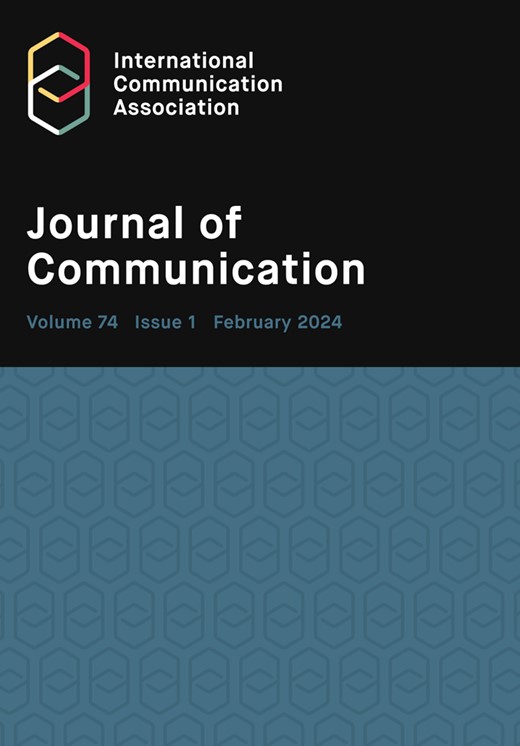识字培训与心理接种?解释和比较以信息为主的干预措施和以激励为主的干预措施对健康统计数据处理的影响
IF 5.5
1区 文学
Q1 COMMUNICATION
引用次数: 0
摘要
传播统计数据具有挑战性,而且充满了错误的语境和因果错误归因。我们能否对公众进行培训,使其免受统计失实的影响?针对错误信息的预防性干预措施主要包括扫盲提示/培训和接种。从理论上讲,接种还有一个额外的动机成分(预警)。然而,预先警告并未直接与扫盲干预措施进行对比测试,这就对接种的区别提出了质疑。我们对理论界的工作进行了批判,并在健康统计的背景下对这些信息和动机干预措施进行了比较。纵向实验比较了干预措施对处理数字平台上有关 COVID-19 疫苗和/或转基因生物的准确和不准确统计数据的影响。这两种干预措施都能防止在以后接触到统计错误信息后风险感知的上升。然而,扫盲干预也提高了人们在接触准确统计数据后的风险意识,这表明预先警示具有额外的益处。那些事先对错误信息高度关注的人表现出更强的接种效应。我们将讨论其理论、经验和实践意义。本文章由计算机程序翻译,如有差异,请以英文原文为准。
Literacy training vs. psychological inoculation? Explicating and comparing the effects of predominantly informational and predominantly motivational interventions on the processing of health statistics
Communicating statistics is challenging and fraught with mis-contextualization and causal misattributions. Can we train the public against statistical misrepresentations? Pre-emptive interventions against misinformation primarily include literacy tips/training and inoculation. In theory, inoculation has an additional motivational component (forewarning). However, forewarning has not been directly tested against literacy interventions, calling into question inoculation’s distinction. We critique the theoretical boundary work and compare these informational and motivational interventions in the context of health statistics. The longitudinal experiment compared the effects of interventions on processing accurate and inaccurate statistics about COVID-19 vaccines and/or genetically modified organisms across digital platforms. Both interventions prevented an elevation in risk perceptions following exposure to statistical misinformation at a later time. However, literacy intervention increased risk perceptions following exposure to accurate statistics too, suggesting an additional benefit of forewarning. Those with high levels of pre-existing misinformation concern exhibited inoculation effects more strongly. We discuss the theoretical, empirical, and practical implications.
求助全文
通过发布文献求助,成功后即可免费获取论文全文。
去求助
来源期刊

Journal of Communication
COMMUNICATION-
CiteScore
11.60
自引率
5.10%
发文量
41
期刊介绍:
The Journal of Communication, the flagship journal of the International Communication Association, is a vital publication for communication specialists and policymakers alike. Focusing on communication research, practice, policy, and theory, it delivers the latest and most significant findings in communication studies. The journal also includes an extensive book review section and symposia of selected studies on current issues. JoC publishes top-quality scholarship on all aspects of communication, with a particular interest in research that transcends disciplinary and sub-field boundaries.
 求助内容:
求助内容: 应助结果提醒方式:
应助结果提醒方式:


